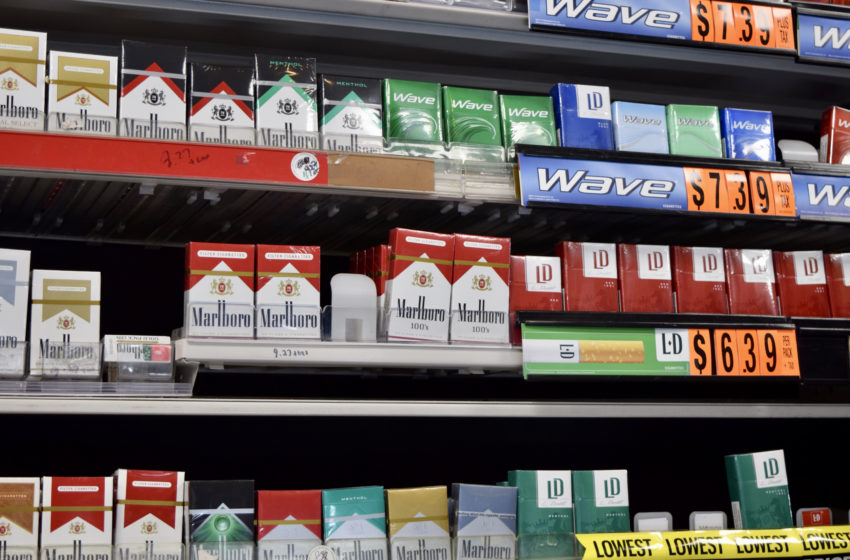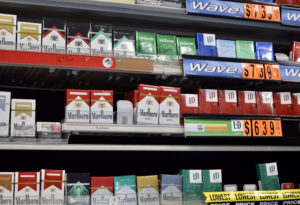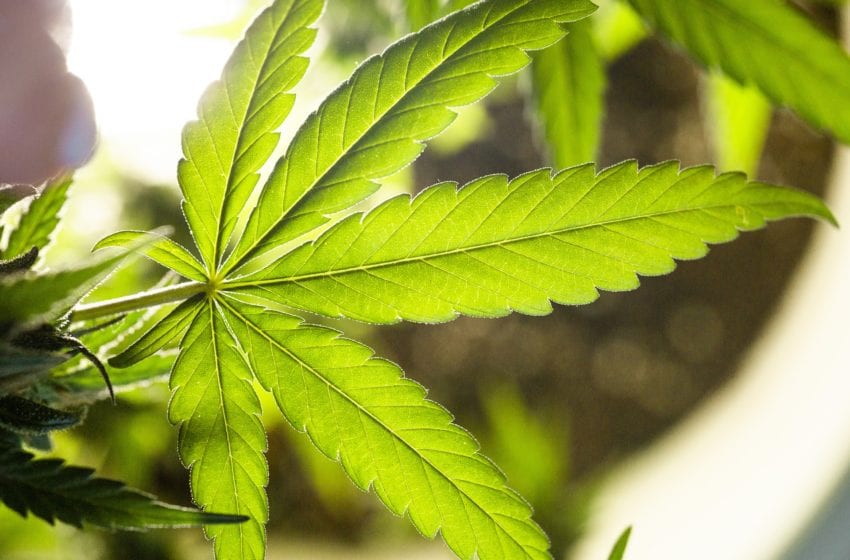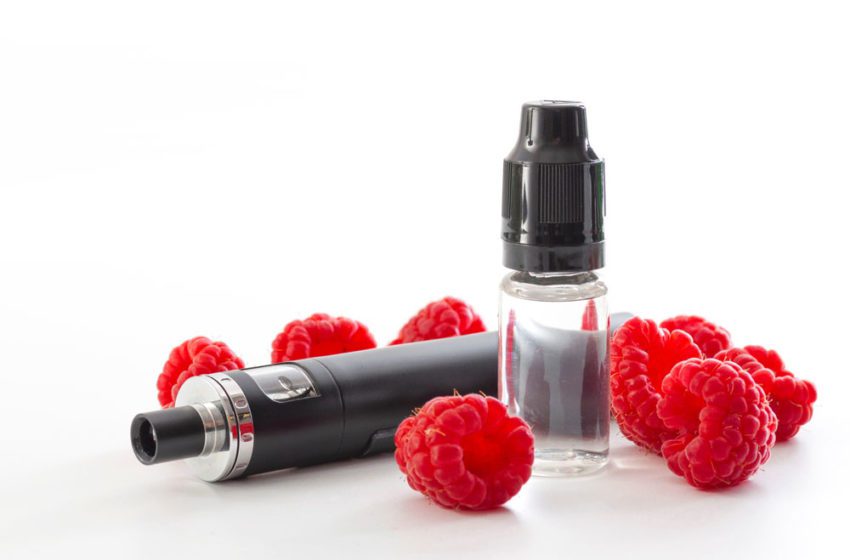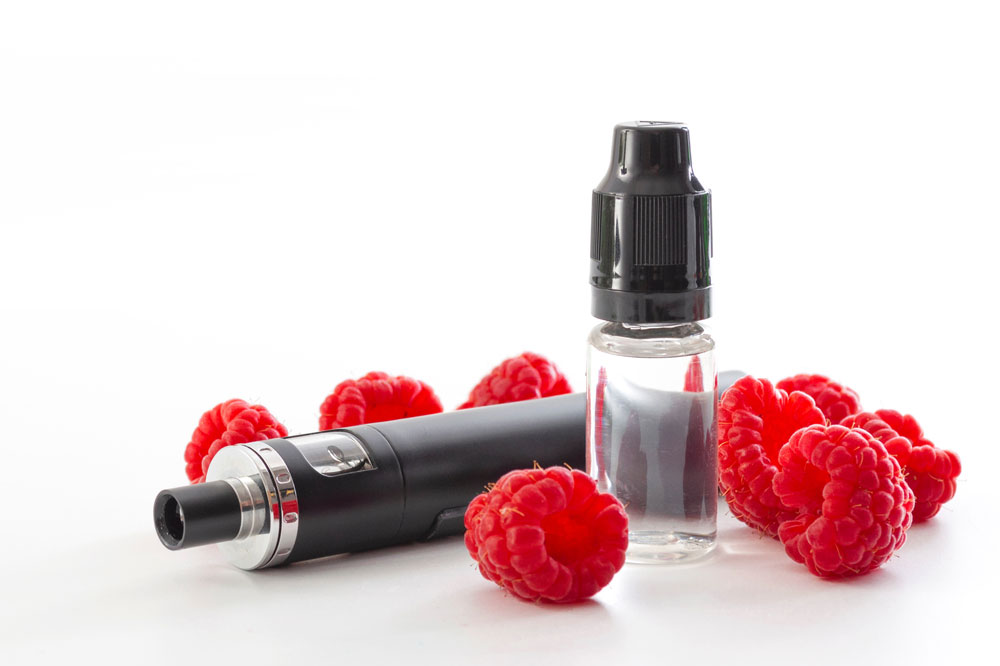
A Los Angeles ban on sales of flavored vaping and other tobacco products is valid because federal law allows it, the Ninth Circuit ruled last week in a case brought by R.J. Reynolds Tobacco Co. and related companies.
The Family Smoking Prevention and Tobacco Control Act “carefully balances federal and local power by carving out the federal government’s sole authority to establish the standards for tobacco products,” Judge Lawrence VanDyke said for the U.S. Court of Appeals for the Ninth Circuit, according to news Bloomberg Law.
The carve-out preserves “state, local, and tribal authority to regulate or ban altogether sales of some or all tobacco products.”
Judge Ryan D. Nelson dissented, saying the ban is expressly preempted. The case is among several Reynolds and other companies have litigated over local efforts to restrict flavored tobacco products.
An appeal over a provision in Edina, Minn., was argued to the U.S. Court of Appeals for the Eighth Circuit in May. And Philadelphia agreed to tear up its ban after federal trial and appeals courts questioned the measure’s validity under a preemption provision specific to Pennsylvania.
Reynolds has argued that under the TCA, state and local governments retain the power to set age, location, and storage requirements for tobacco product sales.
“But one thing states and localities cannot do is prohibit the sale of tobacco products because those jurisdictions disagree with federal tobacco product standards,” Reynolds told the Ninth Circuit in March in the Los Angeles case.
The lower court said the Los Angeles County ordinance doesn’t regulate tobacco product standards. The Ninth Circuit agreed. Reading the term “standards” in the TCA’s preemption clause too broadly would run into textual problems, VanDyke said.
But even if the ban fell within the preemption clause, it would meet an exception under a following provision, the “savings” clause, he said.
“In short, the TCA’s text sandwiches limited production and marketing categories of preemption between clauses broadly preserving and saving local authority, including any ‘requirements relating to the sale’ of tobacco products,” VanDyke said. “This unique ‘preservation sandwich’ enveloping the TCA’s preemption clause reveals a careful balance of power between federal authority and state, local, and tribal authority.”









